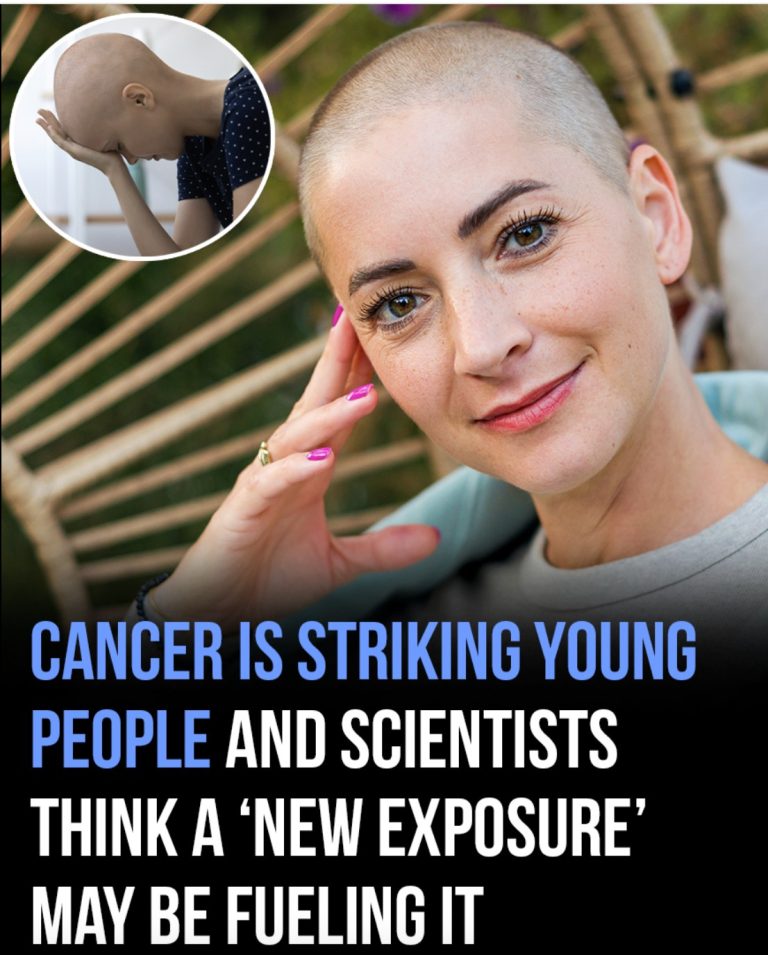College soccer star dies six weeks after tragic scooter crash!
What began as an ordinary September evening for two Cal State Fullerton soccer players spiraled into a tragedy that would shake an entire campus and ultimately take the life of one of its most promising young athletes.
Lauren Turner, a 19-year-old sophomore and rising defensive midfielder on the Titans women’s soccer team, died on November 7 after spending nearly six weeks in a coma. The injuries that claimed her life came from a violent crash on the night of September 27, when she and teammate Ashlyn Gwynn were struck by a box truck while riding electric scooters near campus. According to Fullerton police, the crash happened on Associated Road just after 7 p.m., not far from where students routinely walk, bike, and scooter between athletic facilities and dorms.
The impact was catastrophic. Both scooters were left twisted across the asphalt. Emergency crews stabilized both young women and rushed them to the hospital with life-threatening injuries. Turner never regained consciousness.
Her family shared the devastating update on their GoFundMe page: “Early this morning, our sweet Lauren fell asleep in the Lord. Our hearts are broken, and our family is forever changed. We will miss her beyond measure, yet we take comfort knowing she is now in the loving embrace of our Lord and Savior, Jesus Christ.” It was the kind of message no parent should ever have to write, and the kind no teammate ever expects to read.
To understand the weight of her loss, you need to know who Lauren was on and off the field. Coaches, teammates, and friends describe a young woman who brought energy everywhere she went. She was the teammate who cracked jokes during warmups, the competitor who never backed down from a challenge, and the person who had an uncanny ability to make anyone feel at ease. Her family put it simply: “Lauren approached everything she did with heart and joy. She was funny, full of life, and had a gift for making people laugh.” Her teammates echoed the same sentiment: “Lauren was the funniest, most charismatic, and loving teammate you could ever ask for. The impact she made on this program is immeasurable.”
And they weren’t exaggerating. As a freshman, Lauren played in all 20 matches—something almost unheard of for a first-year player at a Division I program. By her sophomore year, she was already a fixture in the starting lineup and a cornerstone of the team’s defensive identity. She had a long career ahead of her—one she never got the chance to finish.
The night of the crash, Lauren and Ashlyn were riding e-scooters to attend a men’s soccer match. Police say they were traveling in the same lane as the truck that struck them. Early investigations showed that neither drugs nor alcohol played a role. They also confirmed the players weren’t wearing helmets—something that, while common on college campuses, would become a central point of conversation in the days that followed.
Leadership coach Ali Malaekeh, who worked closely with the team, remembers the moment he learned what had happened. “When we got news of this incident, a part of me died,” he told reporters. That kind of reaction wasn’t isolated; it spread across campus like a cold shockwave. Students held vigils. Professors paused classes to acknowledge the loss. Athletes from multiple sports attended prayer circles and wrote messages for both women on posters that filled the student union.
While Lauren remained in a coma, Ashlyn fought through her own battle in the ICU. Doctors told her family that the severity of her injuries meant recovery would be long and unpredictable. But week by week, she slowly began improving. After a month in critical care, she was moved to a step-down unit. Her family described her progress as “miraculous,” but made it clear she still faces a long road filled with physical therapy, speech therapy, swallow therapy—everything required to relearn what her body lost in the crash. Doctors estimate her rehabilitation could take one to two years.
Financial support poured in as well. Lauren’s GoFundMe campaign passed $105,000 within days, while Ashlyn’s fundraiser reached nearly $66,000. Both funds will help their families manage staggering medical bills and, for Lauren’s family, funeral costs.
But the money, while meaningful, isn’t what people kept talking about. What mattered were the stories—small moments teammates shared, personal memories that revealed who Lauren was long before her name appeared in headlines. The way she encouraged freshmen during their first brutal conditioning test. The way she used to tape handwritten notes inside teammates’ lockers before big matches. The ridiculous jokes she made to break tension in overtime games. The quiet leadership she carried even as one of the youngest players on the roster.
Her family summed up her essence in a single line: “Her laughter was a reflection of the joy God placed in her heart.” That’s what she leaves behind—joy, impact, and the sting of a future stolen too soon.
Lauren Turner was more than a talented athlete. She was a friend, a leader, a source of light. Her absence leaves a hole in the Cal State Fullerton community that won’t be filled anytime soon. But her presence—her enthusiasm, her grit, her kindness—will echo across the field every time her teammates step onto the grass she once ruled with confidence and heart.
Her jersey number, 5, will be remembered. Her legacy, carried by those who loved her, will last far longer than the brief years she got to live.
And for a community still grieving, that legacy is the one part of this tragedy that won’t fade.

